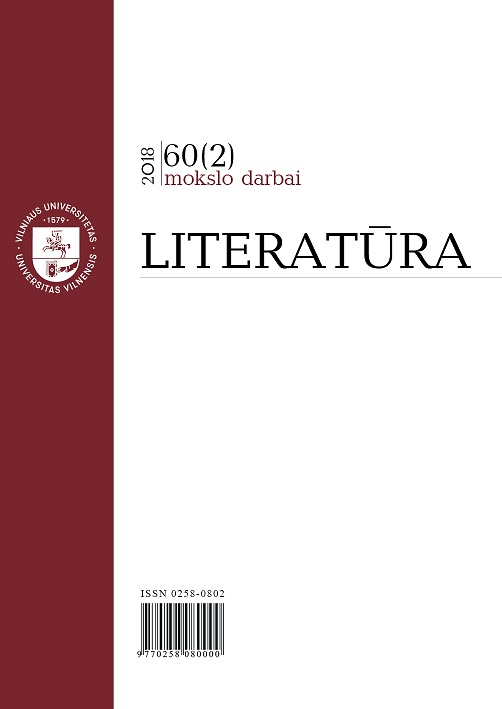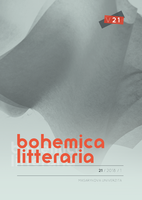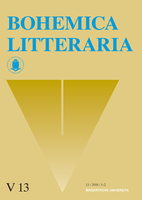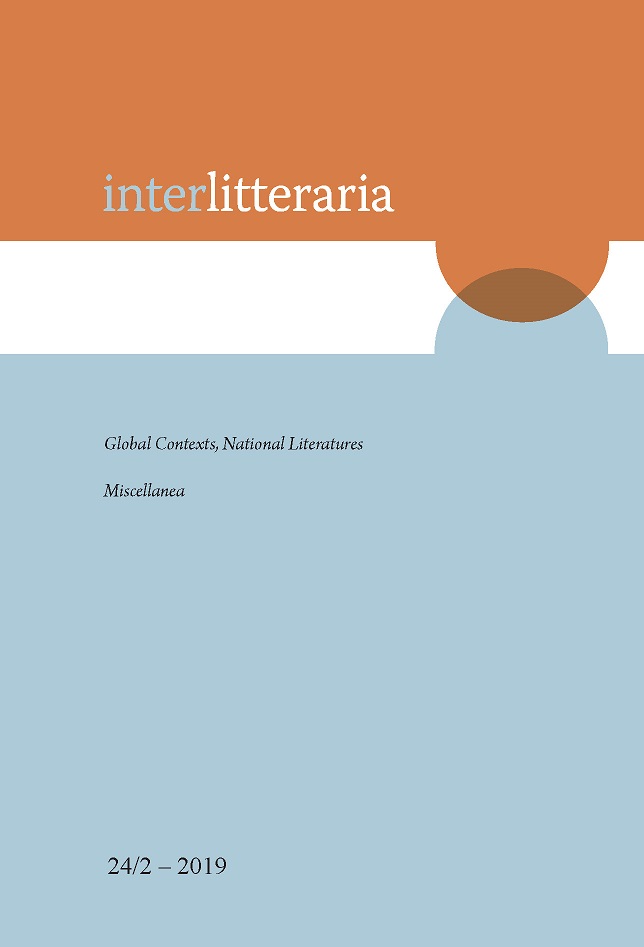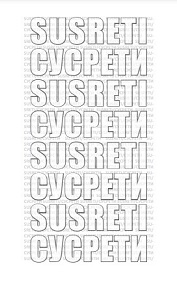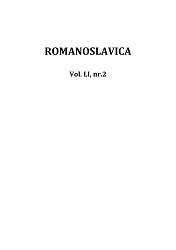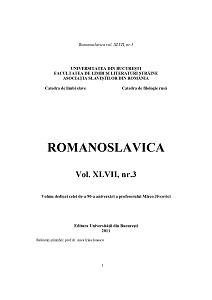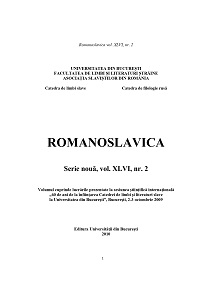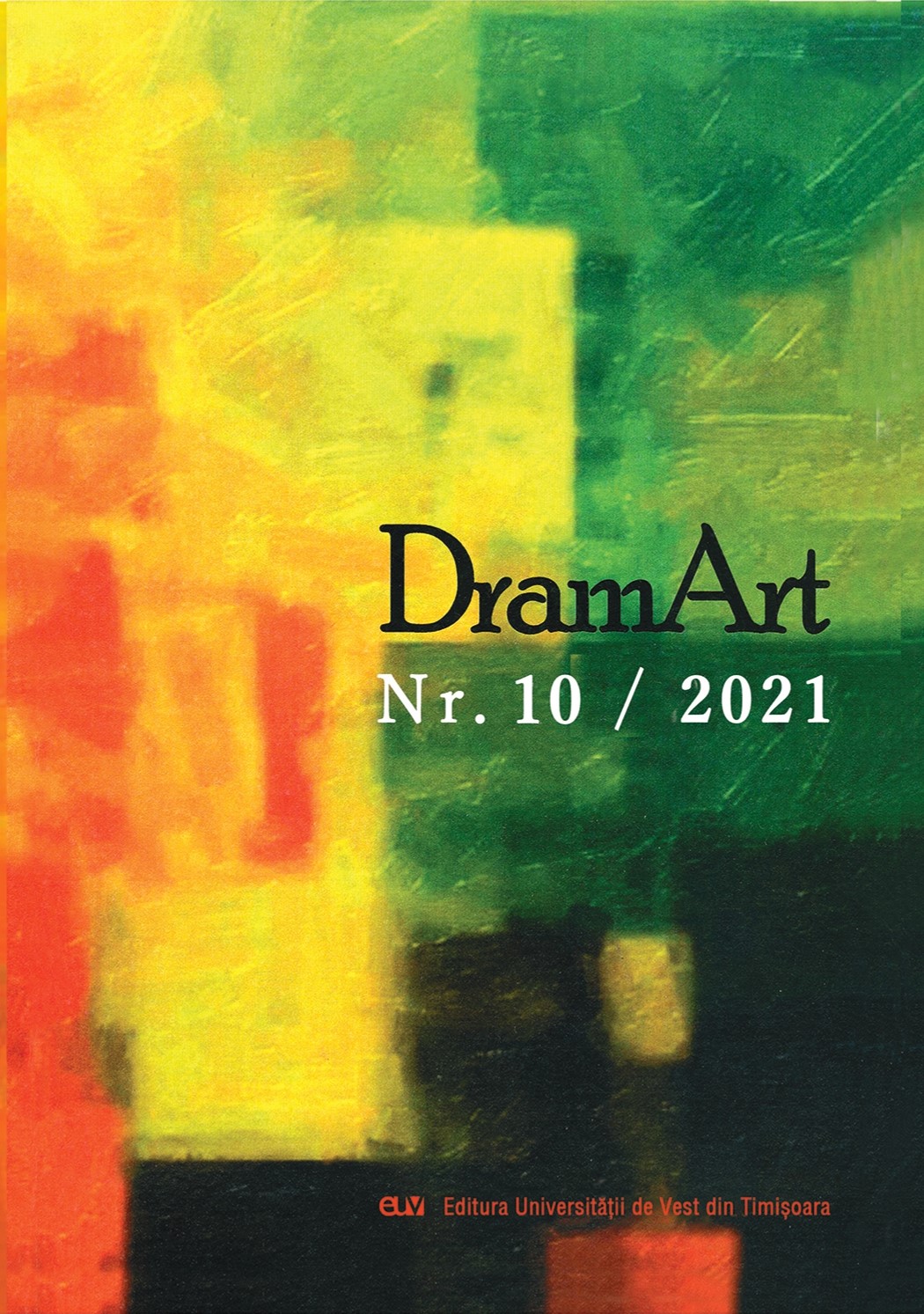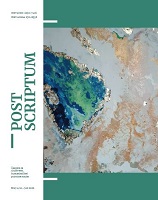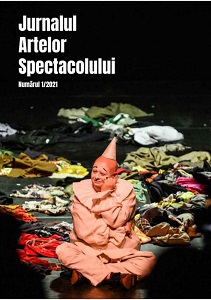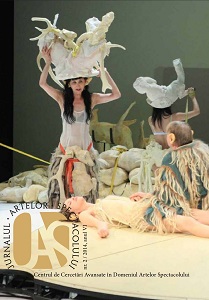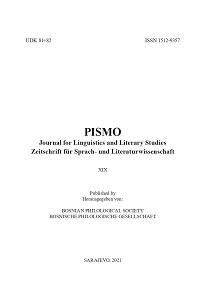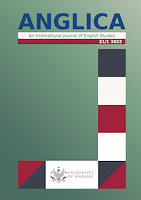Vydūnas ir jo dramos: tapatybės, lūžiai ir iškreiptos figūros
In this research paper the play Probočiu Šešëliai [The Shadows of Forefathers] written by famous Lithuanian philosopher Vidunas is analysed in details. Besides classical critical analysis of the text, deconstruction as the method is used as well, making the meanings intended by the author reversible. The innovation of the research is the third methodical part of it – the hermeneutic-phenomenological protocol. The results and the process of the research are described concerning the dynamics of time and problem solving. What is most often left undisclosed in a real research – its temporal duration, findings and disappointments, here is very strongly put on the surface of the consciousness. The researcher in this way is disclosed as the embodied and the embedded agent in the process of research. Analysis of the direct object of the research – the play Probočiu Šešëliai – along these methodical lines of structural deconstruction and hermeneutic-phenomenological protocol clarifies the figure of Visuomis as a non empathic philosopher. This predicate might be projected to the whole spiritualistic philosophy of Vidunas. Much discussed philosophy of the body developed by Vidunas is strongly questioned, analysing a few examples from the life of Vidunas himself: the early childhood and the turningpoint event of his falling from the ship. The whole body of Vidunas in this event was shocked, as he describes himself, and Vidunas understood in the new light the relevance of the body in the experience of the world. Does this event might be considered as the “Lithuanian version” of the collision of God of the Philosophers and God of Abraham, Jacob and Isaac?
More...
